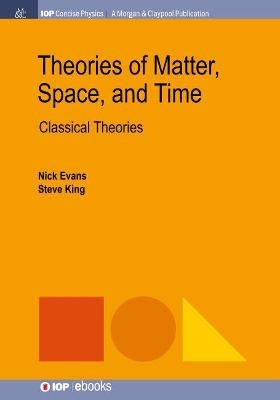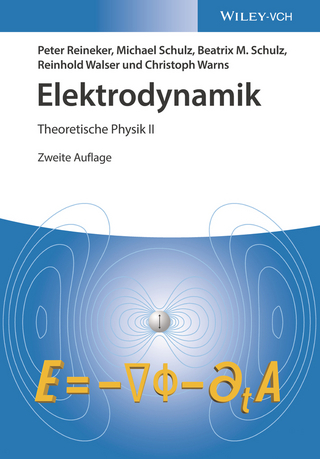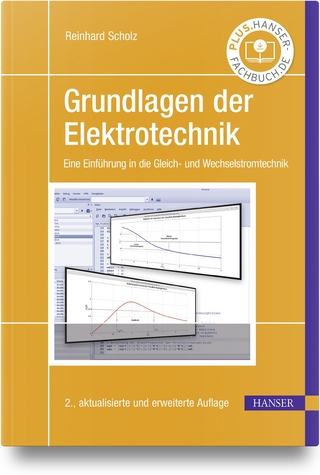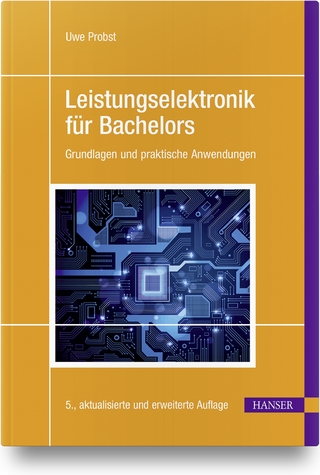
Theories of Matter, Space and Time
Morgan & Claypool Publishers (Verlag)
978-1-64327-905-3 (ISBN)
This book and its sequel (Theories of Matter Space and Time: Quantum Theories) are taken from third and fourth year undergraduate Physics courses at Southampton University, UK. The aim of both books is to move beyond the initial courses in classical mechanics, special relativity, electromagnetism, and quantum theory to more sophisticated views of these subjects and their interdependence. The goal is to guide undergraduates through some of the trickier areas of theoretical physics with concise analysis while revealing the key elegance of each subject.
The first chapter introduces the key areas of the principle of least action, an alternative treatment of Newtownian dynamics, that provides new understanding of conservation laws. In particular, it shows how the formalism evolved from Fermat's principle of least time in optics. The second introduces special relativity leading quickly to the need and form of four-vectors. It develops four-vectors for all kinematic variables and generalize Newton's second law to the relativistic environment; then returns to the principle of least action for a free relativistic particle. The third chapter presents a review of the integral and differential forms of Maxwell's equations before massaging them to four-vector form so that the Lorentz boost properties of electric and magnetic fields are transparent. Again, it then returns to the action principle to formulate minimal substitution for an electrically charged particle.
Nick completed his PhD in collider phenomenology in 1993 at Southampton University. He performed his early research work at Yale and Boston Universities in the US before returning to Southampton in 1999 on a UK government 5 year fellowship. His work centered on strongly interacting particle systems, including composite Higgs models, and he played a large role in applying string theory to study the strong nuclear force and the mechanism of mass generation. Much of his work centers on the structure of the vacuum so in a sense he works on nothing. He is now a Professor at Southampton University and the Director of the Faculty of Physical Science and Engineering Graduate School. Steve completed his PhD in QCD perturbation theory in 1980 at Manchester University. He was a postdoctoral fellow at Oxford University, where he worked on composite models, before moving to Harvard and Boston Universities in the US, where he worked on technicolour and collider phenomenology. Returning to Southampton in 1987, he won a 5 year fellowship to work on lattice QCD and top quark condensates. Soon after becoming a Lecturer, he turned his attention to supersymmetry, cosmology, strings, unification, flavour symmetry models and neutrinos. He is now Professor and First Year Director of Studies in Physics and Astronomy at Southampton.
Preface
Acknowledgments
Author Biographies
1. Least Action
2. Special Relativity
3. Relativistic Electromagnetism
| Erscheinungsdatum | 05.03.2022 |
|---|---|
| Reihe/Serie | IOP Concise Physics |
| Verlagsort | San Rafael |
| Sprache | englisch |
| Themenwelt | Naturwissenschaften ► Physik / Astronomie ► Elektrodynamik |
| Naturwissenschaften ► Physik / Astronomie ► Quantenphysik | |
| ISBN-10 | 1-64327-905-X / 164327905X |
| ISBN-13 | 978-1-64327-905-3 / 9781643279053 |
| Zustand | Neuware |
| Haben Sie eine Frage zum Produkt? |
aus dem Bereich


